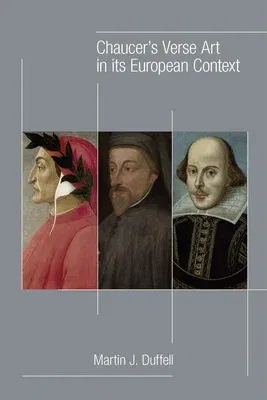Martin J Duffell
(Author)Chaucer's Verse Art in Its European Context: Volume 513Hardcover, 14 May 2018

Qty
1
Turbo
Ships in 2 - 3 days
In Stock
Free Delivery
Cash on Delivery
15 Days
Free Returns
Secure Checkout

Part of Series
Medieval and Renaissance Texts and Studies
Part of Series
Medieval & Renais Text Studies
Print Length
304 pages
Language
English
Publisher
Arizona Center for Medieval and Renaissance Studies (ACMRS)
Date Published
14 May 2018
ISBN-10
0866985697
ISBN-13
9780866985697
Description
Product Details
Author:
Book Format:
Hardcover
Country of Origin:
US
Date Published:
14 May 2018
Dimensions:
23.11 x
15.75 x
2.79 cm
ISBN-10:
0866985697
ISBN-13:
9780866985697
Language:
English
Pages:
304
Weight:
539.77 gm